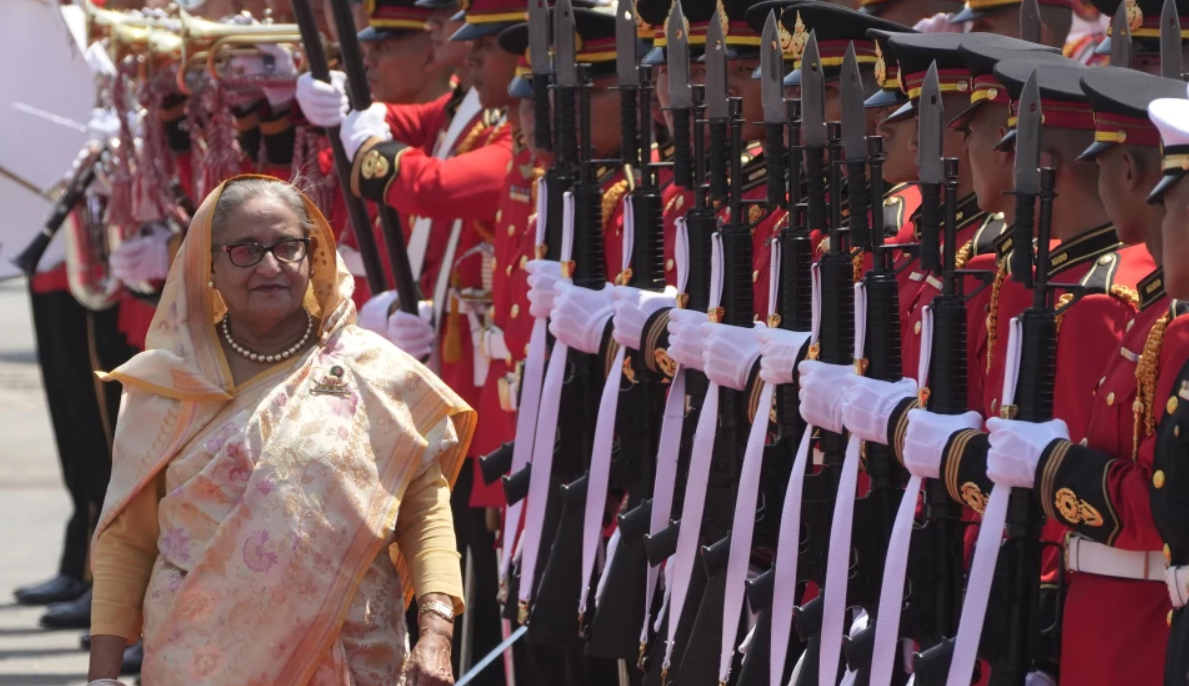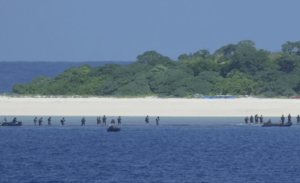A special tribunal in Bangladesh has officially accepted charges of crimes against humanity against the country’s ousted Prime Minister Sheikh Hasina. The charges relate to a mass uprising in mid-2024 during which hundreds of students lost their lives.
The Dhaka-based International Crimes Tribunal, which convened on Sunday, instructed investigators to present Hasina, along with the former Home Minister Asaduzzaman Khan and former police chief Chowdhury Abdullah Al Mamun, before the court on June 16.
Sheikh Hasina has been living in exile in India since August 5, 2023. While Mamun has already been detained, Khan remains unaccounted for and is believed to also be in India. In December, Bangladesh formally requested India to extradite Hasina.
The tribunal’s proceedings were aired live on state-run television. According to an investigation report submitted on May 12, five charges were brought against Hasina and the two other accused. These include ordering state forces, members of her Awami League party, and affiliated groups to conduct violent crackdowns resulting in mass deaths, widespread injuries, attacks on women and children, burning of bodies, and refusal to provide medical help to the injured.
The violence broke out during a large-scale student-led protest movement in July and August of the previous year. The unrest ultimately led to Hasina’s removal from office. Just three days after her ousting, Nobel Peace Prize winner Muhammad Yunus was appointed as the country’s interim leader.
In February, the United Nations human rights office estimated that as many as 1,400 people may have died during the three-week government crackdown on protesters opposing Hasina’s 15-year rule.
Ironically, the tribunal trying Hasina now was originally established by her in 2009 to address war crimes committed during Bangladesh’s 1971 war of independence from Pakistan. That conflict, supported by India, led to the creation of Bangladesh under the leadership of Sheikh Mujibur Rahman—Hasina’s father and the nation’s founding leader.













